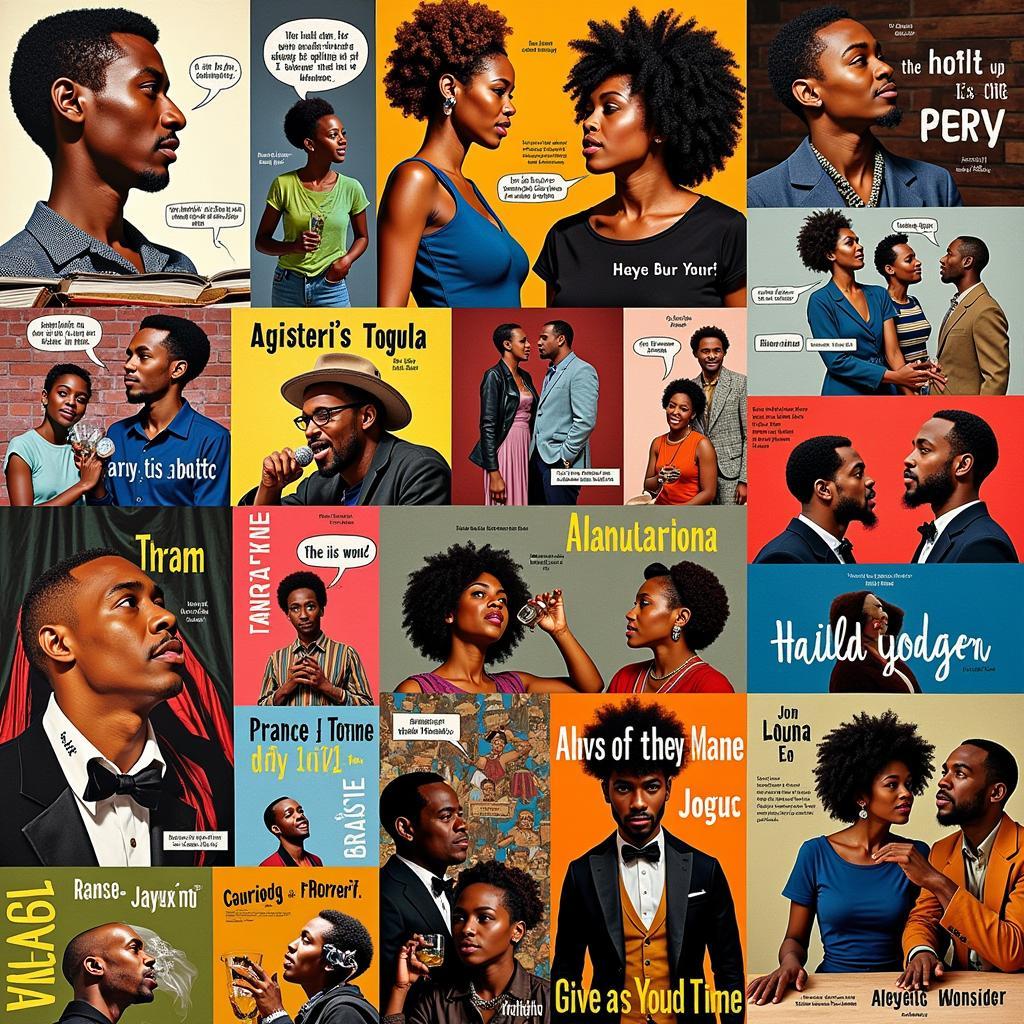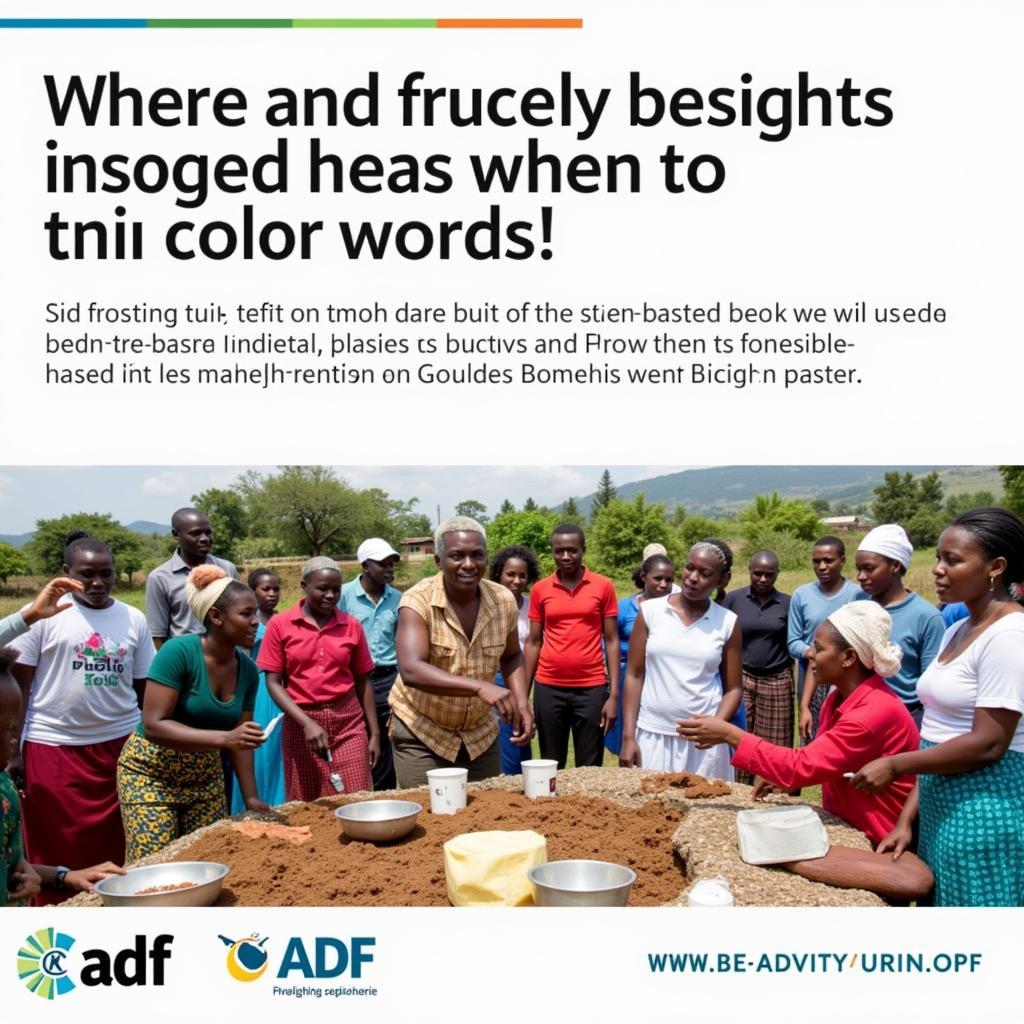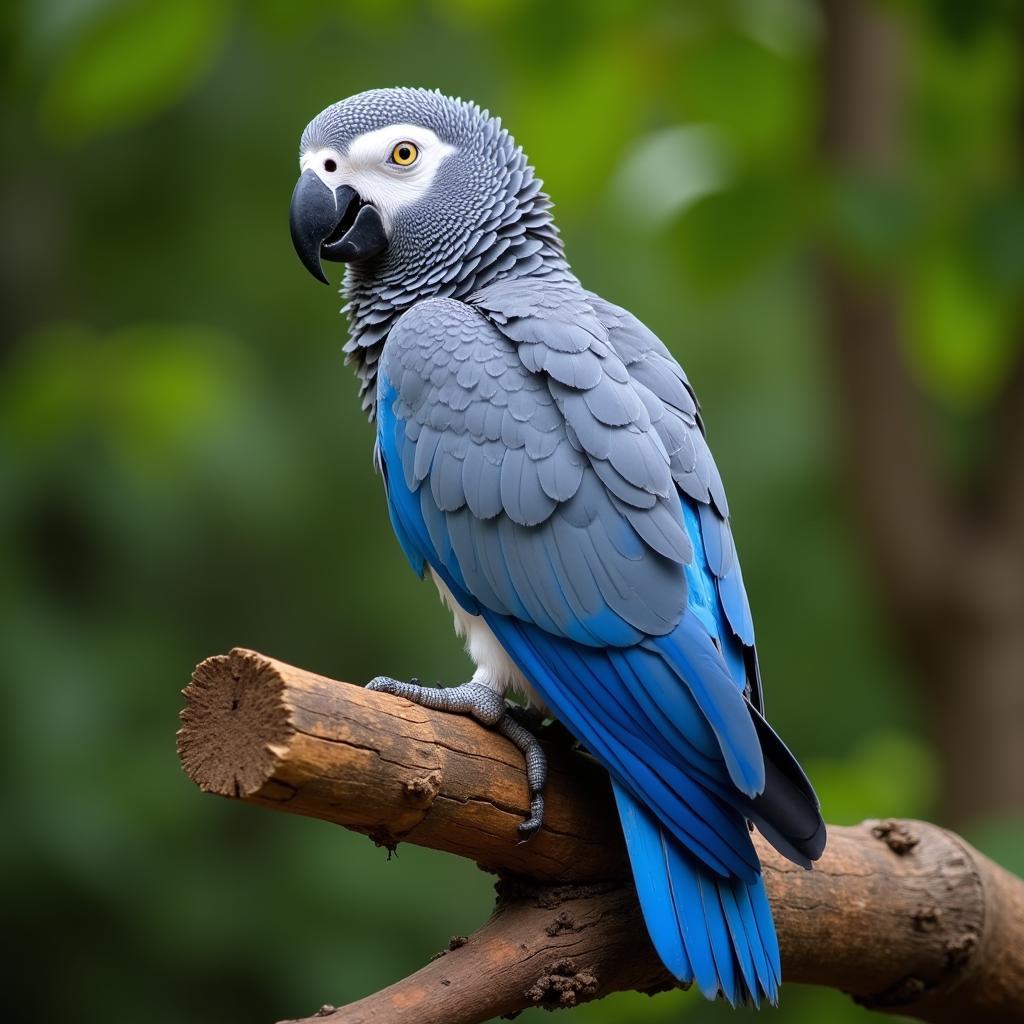Demystifying the African American Dictionary: A Deep Dive into Language and Culture
While the term “African American Dictionary” might seem straightforward, it opens a door to a world far richer and more nuanced than a simple compilation of words. This exploration delves into the fascinating interplay of language, history, and culture that has shaped the unique linguistic landscape of African Americans.
More Than Just Words: Understanding the Significance
The language spoken by many African Americans, often referred to as African American Vernacular English (AAVE), is a dialect as rich and complex as any other. It’s not merely a collection of slang terms, but a distinct dialect with its own intricate grammatical rules, pronunciation patterns, and a vast lexicon brimming with cultural significance. To grasp the essence of an “African American dictionary,” one must appreciate AAVE as a vibrant tapestry woven from historical threads and cultural experiences.
A Legacy of Resilience: Tracing the Roots
The roots of AAVE can be traced back to the transatlantic slave trade, where Africans from diverse linguistic backgrounds were forced together, their native tongues suppressed. In this melting pot of cultures and languages, a new form of communication emerged – a creole language drawing upon African languages, Caribbean dialects, and the English spoken by slaveholders.
AAVE: A Living Language in Constant Flux
Like any living language, AAVE is in a constant state of evolution, shaped by social, cultural, and geographical influences. It has played a crucial role in shaping literary movements like the Harlem Renaissance, giving voice to generations through music genres like jazz, blues, and hip-hop, and continues to evolve with each passing generation.
Beyond the Dictionary: Exploring the Cultural Context
To truly comprehend the nuances of an “African American dictionary,” it’s vital to recognize that many words and phrases carry deep cultural weight. These expressions often embody shared experiences, historical references, and cultural values, adding layers of meaning that extend far beyond their literal definitions.
A Bridge Between Cultures: Fostering Understanding
Exploring the complexities of an “African American dictionary” serves as a bridge between cultures, fostering understanding and appreciation for the unique linguistic heritage of African Americans. By recognizing AAVE as a legitimate dialect with its own rich history and cultural significance, we celebrate the diversity of language and its power to connect us.
 Celebrating Linguistic Diversity in African American Culture
Celebrating Linguistic Diversity in African American Culture
FAQ: Unraveling Common Questions
What is the difference between AAVE and Standard American English?
AAVE is a dialect of English with its own distinct grammatical structures and pronunciation patterns, while Standard American English is the standardized form often used in formal settings.
Is AAVE considered slang?
No, AAVE is a fully formed dialect with its own grammatical rules and a vast vocabulary. While it may include slang terms, it is not simply slang.
How can I learn more about AAVE?
Resources like academic journals, linguistic studies, and even music and literature offer valuable insights into the complexities of AAVE.
Need More Information?
For personalized guidance on navigating the nuances of African American culture and language, don’t hesitate to reach out.
Contact us:
Phone: +255768904061
Email: [email protected]
Visit us: Mbarali DC Mawindi, Kangaga, Tanzania.
Our dedicated team is available 24/7 to assist you.



